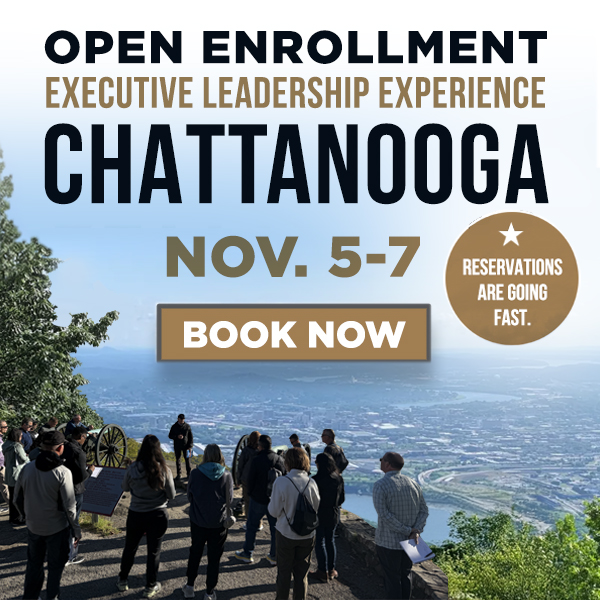The Battle of Gettysburg was the largest battle ever fought on the North American continent and resulted in over 52,000 casualties in less than one day’s time. The victory of the Union Army of the Potomac over the seemingly invincible Army of Northern Virginia was a surprise to all concerned at the time, and combined with the Confederate surrender at Vicksburg the following day—July 4, 1863—was undeniably the turning point in the American Civil War.
The example of the Confederate high command’s reliance on past practices, which had produced success up to that point in the war, and its inability to adapt to the dramatic changes posed by the circumstances at Gettysburg, stands in stark contrast to that of the Union Army’s strong alignment and creative initiative in operating cohesively, which differed significantly from its operational record in prior battles. The way this contrast is driven so clearly by obvious actions and inactions of key leaders provides a vivid leadership case study of immeasurable relevance for contemporary business leaders.
Who Should Attend
The character-based leadership principles presented through The Gettysburg Leadership Experience can be tailored to meet the needs of the highest level senior leaders to the less-experienced yet rising leaders within an organization. The Gettysburg Leadership program explores universal leadership themes any leader will find beneficial to his or her career growth and/or organizational aspirations.





